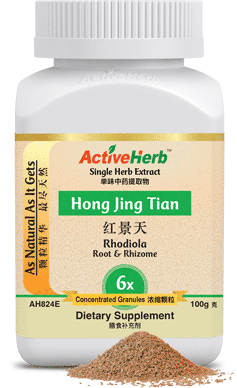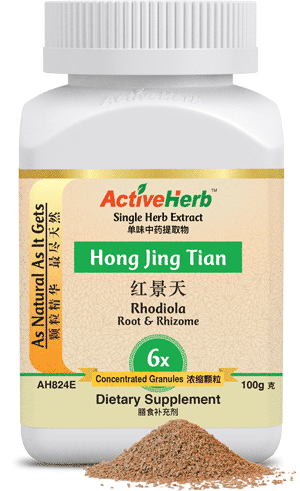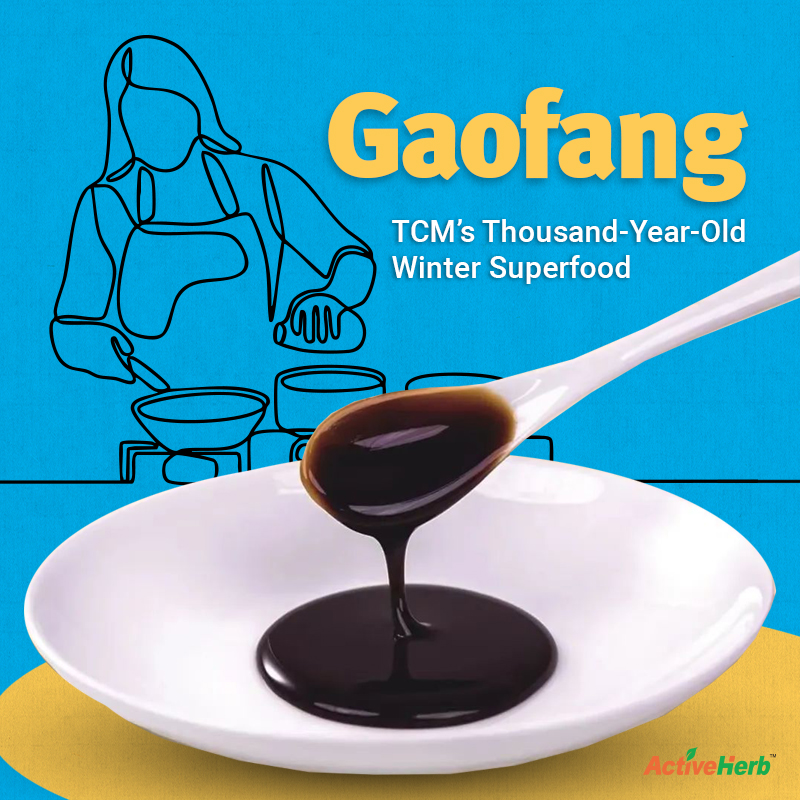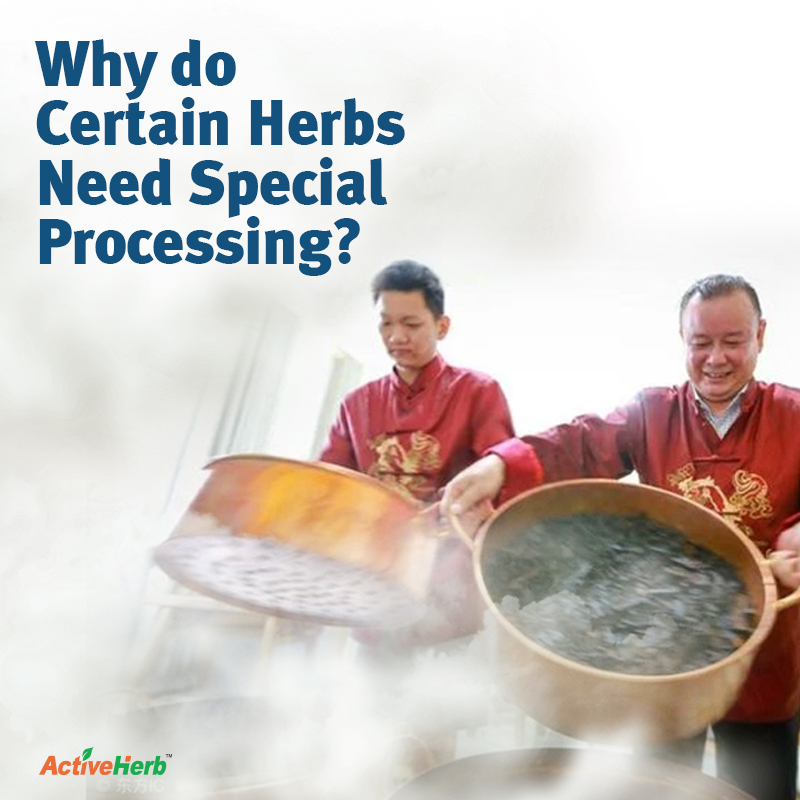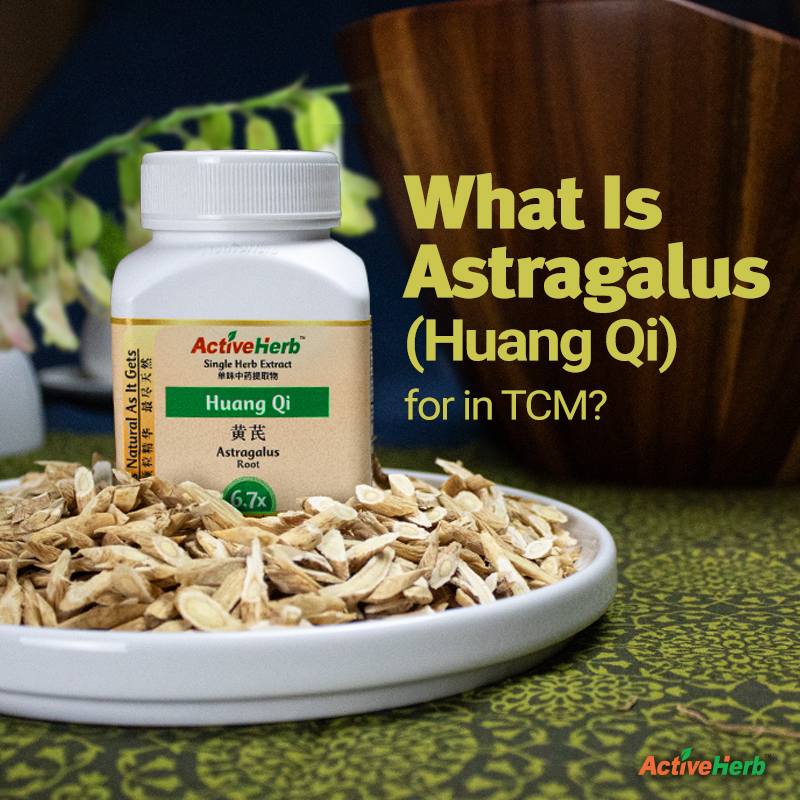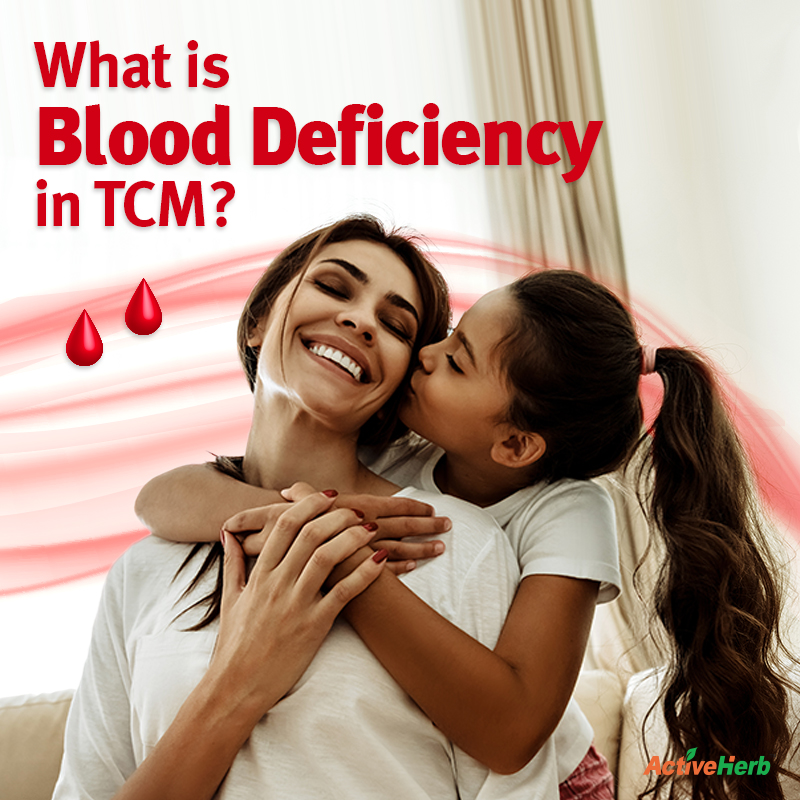Rhodiola Rosea In TCM – The Best (Non-Native) Chinese Herb for Stress
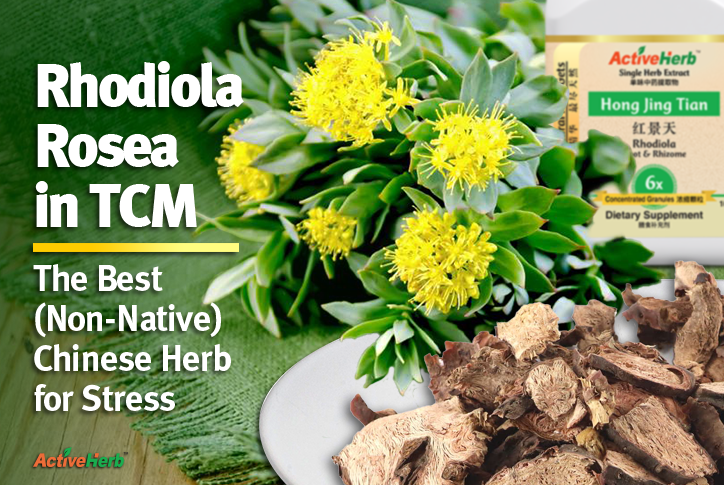
Adaptogenic herbs, aka “adaptogens” have been a hot wellness trend for the better part of a decade in the USA. But long before Hollywood elite and celebrity doctors were hyping adaptogens, as far back as the 1950s, they were all the rage in the former USSR.
To become Earth’s supreme superpower, the Soviets sought a methamphetamine-free advantage for its soldiers, athletes, cosmonauts and laborers over their American counterparts. The Russians discovered that certain hardy high-altitude, arctic and sub-arctic herbs such as Eleuthero (Siberian ginseng; Ci Wu Jia) helped support endurance, stamina and focus.
But there was one herb in particular that not only survived but thrived in the harsh Siberian elements that helped Soviet cadets stay alert while being sleep-deprived: Rhodiola Rosea (rose root).
The Roots of Rhodiola Rosea In TCM
There’s no surrogate for a down comforter when the weather outside is frightful. But in the 1970s, when the USSR occupied Afghanistan, Rhodiola, a succulent that blooms a yellow flower and smells like a rose when cut, was administered to Soviet soldiers to “endure nights of frostbite and high elevations” in the ‘graveyard of empires,’ says a 2016 article on the herb in National Geographic. Soviet scientists, under strict orders to keep their findings under unpublished wraps for fear of tipping off American scientists, observed that Rhodiola stimulated the soldiers without the zombie-like after-affects of speed.
But the trend of using Rhodiola for endurance and resistance to extreme stress long pre-dates adventures in Soviet imperialism. The American Botanical Council says, “For centuries, R. rosea has been used in the traditional medicine of Russia, Scandinavia, and other countries.” According to the 2021 edition of Himalayan Medicinal Plants, “Roots of Rhodiola have been known for its medicinal use in the traditional folk medicine of China, Tibet, and Mongolia to enhance physical endurance, to treat fatigue and gastrointestinal ailments.”
Despite not being indigenous to eastern China, Rhodiola (Hong Jing Tian) has been used for centuries in China, where the herb is traditionally known as “golden root”. The American Botanical Council says that Chinese emperors sent expeditions to Siberia to bring back the ‘golden root’ for “medicinal preparations.”
What Does Rhodiola Do In TCM?
For all its supposed glory in alternative health blogs as an adaptogenic herb, meaning that it helps the body adapt to stress, how does Rhodiola work from a TCM perspective?
TCM practitioners may prescribe Rhodiola Rosea tea to improve Qi flow in the body. With better Qi flow, blood is better able to circulate, leading to better stamina, mental clarity, and overall vitality. In addition, enhanced blood circulation delivers more nutrients and oxygen to various tissues. This property can have a positive impact on cognitive function, energy levels, and skin health.
Rhodiola Rosea also acts on the Lung meridian, which may support respiratory health. The herb also influences the Heart meridian, which governs emotions. Taking Rhodiola, therefore, may help support a balanced mood.
Is There Research To Support Rhodiola?
Not only has Rhodiola been used for centuries, but research on this adaptogenic herb goes back hundreds of years. In fact, the American Botanical Council says, “Between 1725 and 1960, various medicinal applications of R. rosea appeared in the scientific literature of Sweden, Norway, France, Germany, the Soviet Union, and Iceland.” And since the 1960s, there have been more than 180 other studies on the plant.
Eric Noreen, associate professor of Health Sciences at Gettysburg College in Pennsylvania, who focuses on nutritional supplements for sports performance suggests that the Soviet scientists were on to something by administering Rhodiola to Russian athletes. “If you look at [both the old and new research] there does seem to be something there,” Noreen told National Geographic.
Not only may Rhodiola support athletic endurance, but a study in the Journal of Clinical Trials suggests the golden root may support mood. Based on over 1,200 entries on Pubmed, it may also support:
- Sexual function
- A normal pain response in the body
- Restful sleep
- Weight management
Like other adaptogenic herbs, Rhodiola seems to have a bipolar personality. On the one hand, it can function like a stimulant but on the other hand, it may act like a sedative.
But one of the major selling points of Rhodiola is its potential stress-modulating effects. By eliciting a normalizing effect on the Hypothalamus, Pituitary and Adrenal (HPA) axis, the golden root of TCM helps to regulate levels of the stress hormone cortisol.
As for its ability to support weight management, a study performed on obese rats in Nutrition Research combined bitter orange and Rhodiola. The rodents that were fed the combo herbal intervention had a reduction in visceral white adipose tissue, which is the dangerous fat that surrounds bodily organs.
Anti-Aging Active Ingredients In Rhodiola Rosea
A study published in Phytomedicine explains why Rhodiola is an efficacious restorative herb:
“R. rosea demonstrates multi-target effects on various levels of the regulation of cell response to stress, affecting various components of the neuroendocrine, neurotransmitter receptor and molecular networks associated with possible beneficial effects on mood.”
Former editor-in-chief of the journal, Phytomedicine, and adaptogenic herbal expert Alexander Panossian, suggests that chemicals in the plant, especially rosavins, tyrosal and salidroside, may make people less sensitive to stress.
The scientific findings on salidroside, which is mostly found in Rhodiola, will pave the way “as a multi-functional drug” for various health concerns in the near future, predicts Indian researchers published in a 2020 edition of Current Drug Metabolism.
Drinking instant hot Rhodiola tea is an easy way to support the aging process, increase your resilience to stress, support focus and cognitive function, and more wellness biomarkers. And if you’re more of a coffee drinker, thanks to extract granules, you can brew a cup of adaptogenic coffee with Rhodiola every morning.
Hong Jing Tian single herb extract from ActiveHerb.com contains a 6x concentration of granules. That means that 100 grams — a bottle of Rhodiola extract granules — is equivalent to 600 grams (1.3 lbs) of dried raw Rhodiola. Per 1/2 gram serving size, there is at least 1 milligram of salidroside, the active phytonutrient mentioned above. With extract granules, not only can you make instant hot tea, you can also pour the extract granules on oatmeal, yogurt, or even ice cream! (serving scooper provided).
Do you use Rhodiola Rosea in TCM as part of your wellness regimen? How do you think it helps? Get the conversation started.



